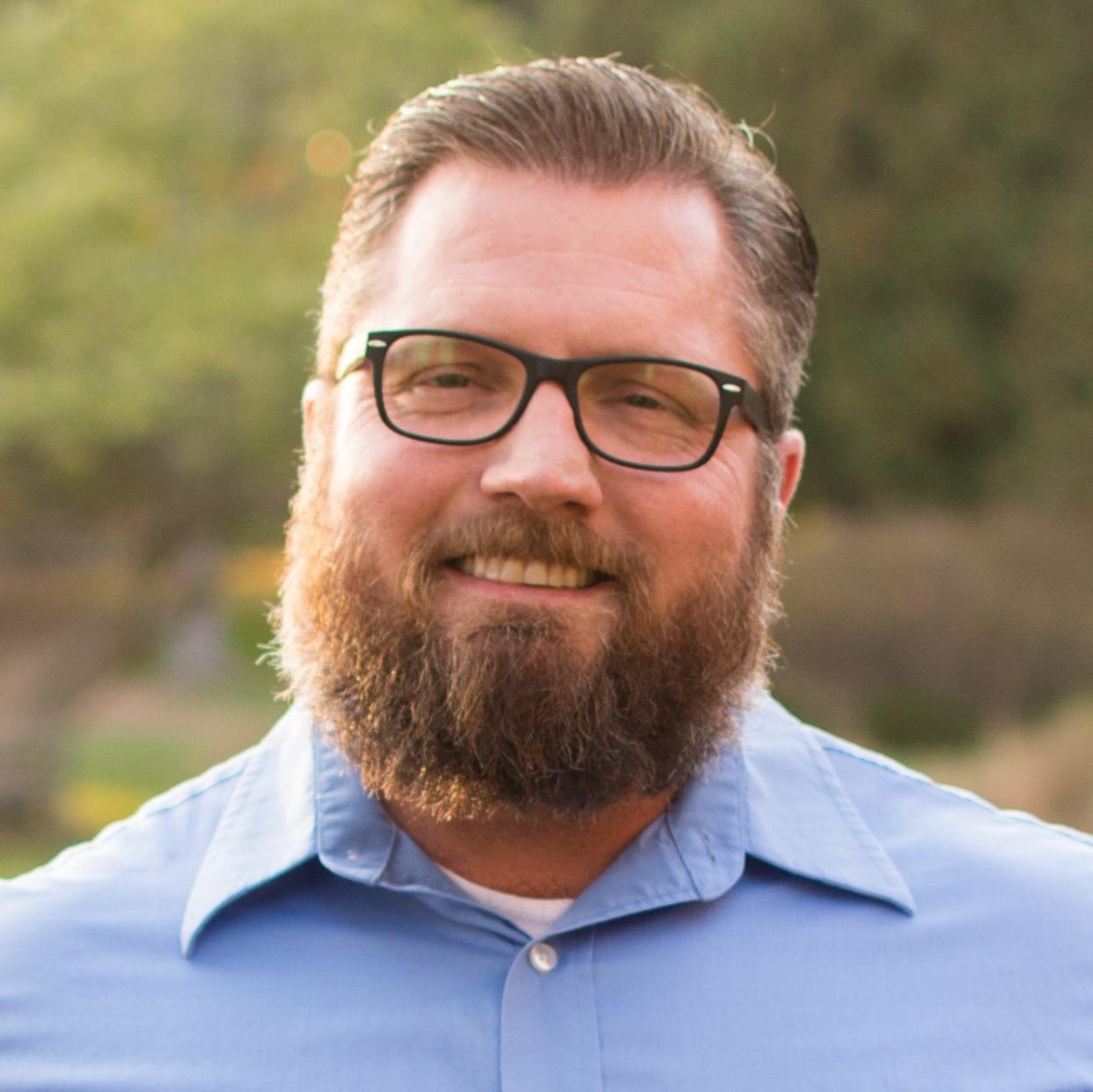Doubt: A natural part of faith

Doubt is a natural part of wrestling with our faith. Whether we are talking about how Abraham and Sarah struggled with doubting whether God would bring the child he promised, or with Moses when it came to God’s call upon his life, doubt is all throughout the Bible. God makes such grand promises that sometimes we can’t see them coming true. Others doubt because they are unable to see and verify what God says in ways that we are used to. The truth is, God is working history out to his purposes and there are many times when things will not work out just the way we thought they should (or even close to how we thought they should) and this can cause doubt.
The Gospel of Luke includes stories about those who doubt. Luke’s point in bringing in doubt is not to foster more doubt but ultimately to bring assurance. He is seeking, through doubt; to teach the certainty of faith. Luke writes to assure us that Jesus is the true and only Messiah. In Luke 7:11-35 we find two instances of doubt. What’s worth seeing is that Jesus meets the doubt with compassion and comfort, even if he doesn’t alleviate their doubt completely. Doubt can exist alongside of faith.
The first episode that we come to in this passage is in a town called Nain. Jesus has left Capernaum, sometime after healing the Centurion’s servant, and moved on to this small town, around 20 miles away from Capernaum. He has a crowd that has followed him but as we come near the town, we learn that something is going on. A funeral. All funerals are a time for mourning. When the Apostle Paul later talks about death, he does not say that Christians do not mourn at all; rather, he acknowledges that we do mourn, but we do not mourn as those without any hope (1 Thessalonians 4:13-18). In those days, funerals would be a whole-town affair.
Luke describes the situation: the funeral was for a son, the only son of his mother who was a widow. This woman was now left completely alone having already lost her husband and now, her only son. In those days the funeral and burial would take place the same day as or quickly after the death. The sorrow would be fresh. Jesus is not deterred. He says to the mother, “Do not weep.” Were this any other individual, the words spoken might have been thought of as a cruel misplaced joke or misunderstanding. She had every reason to weep. Next, Jesus commands the young man to rise and, to everyone’s surprise, the young man gets up!
Doubt turns to belief because of what they see. But the story shifts very quickly as there is another who doubts because he does not see. John the Baptist was in prison, and it looked like he would be executed. He sent his disciples to Jesus to ask him, “Are you the one who is to come, or shall we look for another?” Jesus tells John’s disciples to return with this report, “the blind receive their sight, the lame walk, lepers are cleansed, and the deaf hear, the dead are raised up, the poor have good news preached to them.”
This is a summary of what he spoke in Luke 4, at Nazareth, and is also a summary of the prophet Isaiah. Interestingly, he leaves off one part from the Old Testament quotes that he did include at Nazareth. Jesus does not say that those who are in prison are released. I can’t help but wonder if that was a way of letting John the Baptist know that he was not going to be released. Jesus is Messiah and he does bring with him the new kingdom, but it will look different than what many were expecting.
It is a common error in the history of Christianity to think that we have God all figured out; we know what it is that Jesus is supposed to do next. Whether it has to do with our present circumstances or our future ones, we can too easily fall into thinking that we know how it is that things are supposed to turn out. We must trust the one who brought salvation and who will one day make all things right, even when we don’t see it now. We can doubt, but in your doubt also have faith. Trust in Jesus, for he is the only true Messiah.
Everett Henes, pastor of Hillsdale Orthodox Presbyterian Church, may be reached at pastorhenes@gmail.com.
This article originally appeared on Hillsdale Daily News: Doubt: A natural part of faith

